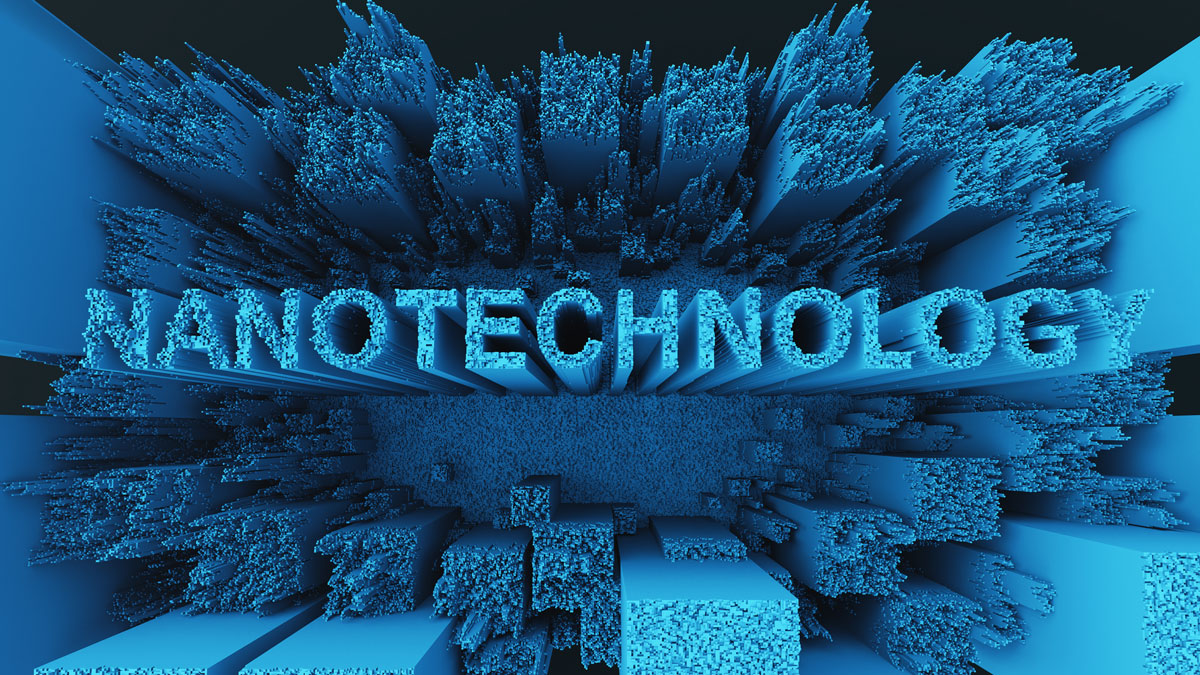
OJ-NANO Call for Papers: Special Section – Future Nanocomputing: Trends and Challenges

CALL for PAPERS
IEEE Open Journal of Nanotechnology (OJ-NANO)
Special Section on
Future Nanocomputing: Trends and Challenges
Guest editors
- Prof Giovanni Finocchio, Department of Mathematical and Computer Sciences, Physical Sciences and Earth Sciences, University of Messina, 98166, Messina, Italy, Email: giovanni.finocchio@unime.it
- Fabrizio Lombardi, College of Engineering, Northeastern University, Boston, MA, USA, Email: lombardi@ece.neu.edu
- Georgios Ch. Sirakoulis, Department of Electrical and Computer Engineering, Democritus University of Thrace, 67100 Xanthi, Greece, Email: gsirak@ee.duth.gr
Scope and purpose
The concept of nanocomputing refers to the ability of computers to represent and manipulate data in the nanometer scale. In practice, circuits and computer systems are constructed using transistors with channels significantly shorter than 100 nanometers. Consequently, the current objective is to develop computers that utilize devices no larger than 10 nanometers. To achieve this, nanocomputing must undertake a comprehensive examination of nanotechnology in the field of computing. This aspect comprises interdisciplinary investigations that traverse various fields through the utilization of nanoscale technologies and the exploration of innovative processing paradigms. At the lowest device level, it encompasses not only CMOS but also numerous emerging technologies (including spintronics, molecular, superconducting, and DNA). However, it also incorporates circuit design considerations. It is unsurprising that this research necessitates a forum (and related community) that transcends disciplines to deliberate on innovative post-CMOS and advanced technological avenues for nanocomputing. To address the primary challenges encountered by integrated electronics in the twenty-first century, inventive future resolutions are necessary.
This special issue will showcase the most recent advancements in the multidisciplinary domain of nanocomputing technologies. It will specifically highlight the most recent developments in the corresponding technologies that are applicable for the modeling, design, fabrication and testing of unconventional nanocomputing systems such as biological, quantum, spintronic, and neuromorphic systems. Notably, efficient fabrication and implementation frameworks (from circuits to modules) and a physical foundation (i.e., devices) are necessary for these technological paradigms to function so that computations at the nanoscale can be executed efficiently in such unconventional venues. Therefore, the scientific forum that is specifically focused on technologies for nanocomputing will feature contributions from eminent international theorists and experimentalists. This will offer a one-of-a-kind opportunity to discuss and exchange ideas, share knowledge, identify unresolved matters, and suggest avenues for future research in a vast array of disciplines, including material science, device physics, nonlinear circuit and system theory, memory, and computing applications (including computer architecture).
In conclusion, this special issue provides a novel perspective on the immense possibilities that nanocomputing technologies illuminate. They originate from diverse perspectives, including material engineering, novel modeling elements, different types of nano-computing, emerging signal processing paradigms, and even surpass von Neumann computing through the implementation of unconventional, spintronic, quantum, and neuromorphic computing.
Submission Procedure
Potential authors are encouraged to adhere to the guidelines outlined on the OJ-NANO website (https://mc.manuscriptcentral.com/oj-nano) when submitting their papers. The manuscripts that are being submitted should not have been published previously, nor should they be in the process of being reviewed for publication elsewhere at this time.
Topics of interest
Topics of interest to this special issue include, but are not limited to, contributions concerning almost every technology targeting for future nanocomputing. More specifically, these may include, but not limited to the following:
- Novel nanodevices for computing applications.
- Innovative manufacturing/integration ideas including chiplets with a focus on computation as application.
- Nanoelectronic circuits, nanofabrics, and nanoarchitectures/systems.
- Future and emergent nanotechnology-based paradigms for computing.
- Nanotechnology with unpredictable devices.
- Emerging memory nano-devices and in-memory nanotechnology-based designs.
- Security with nanofabrics.
- Reliability aware nanotechnology for reliable operation.
- 2D/3D, hybrid, defect/fault tolerant schemes, integration, and manufacturing.
- Nanodevice and nanocircuit models, methodologies, and computer aided design tools.
Important dates
| Manuscript submissions due | 2024-05-01 |
| First round of reviews completed | 2024-07-01 |
| Revised manuscripts due | 2024-08-15 |
| Second round of reviews completed | 2024-09-15 |
| Final manuscripts due | 2024-10-01 |
| Accepted manuscripts final submission | 2024-10-31 |
| Target publication date | 2024-11-30 |
Request for information
Fabrizio Lombardi (lombardi@ece.neu.edu) and all the rest of Guest Editors (in alphabetical order)
Giovanni Finocchio (giovanni.finocchio@unime.it)
Georgios Ch. Sirakoulis (gsirak@ee.duth.gr)





